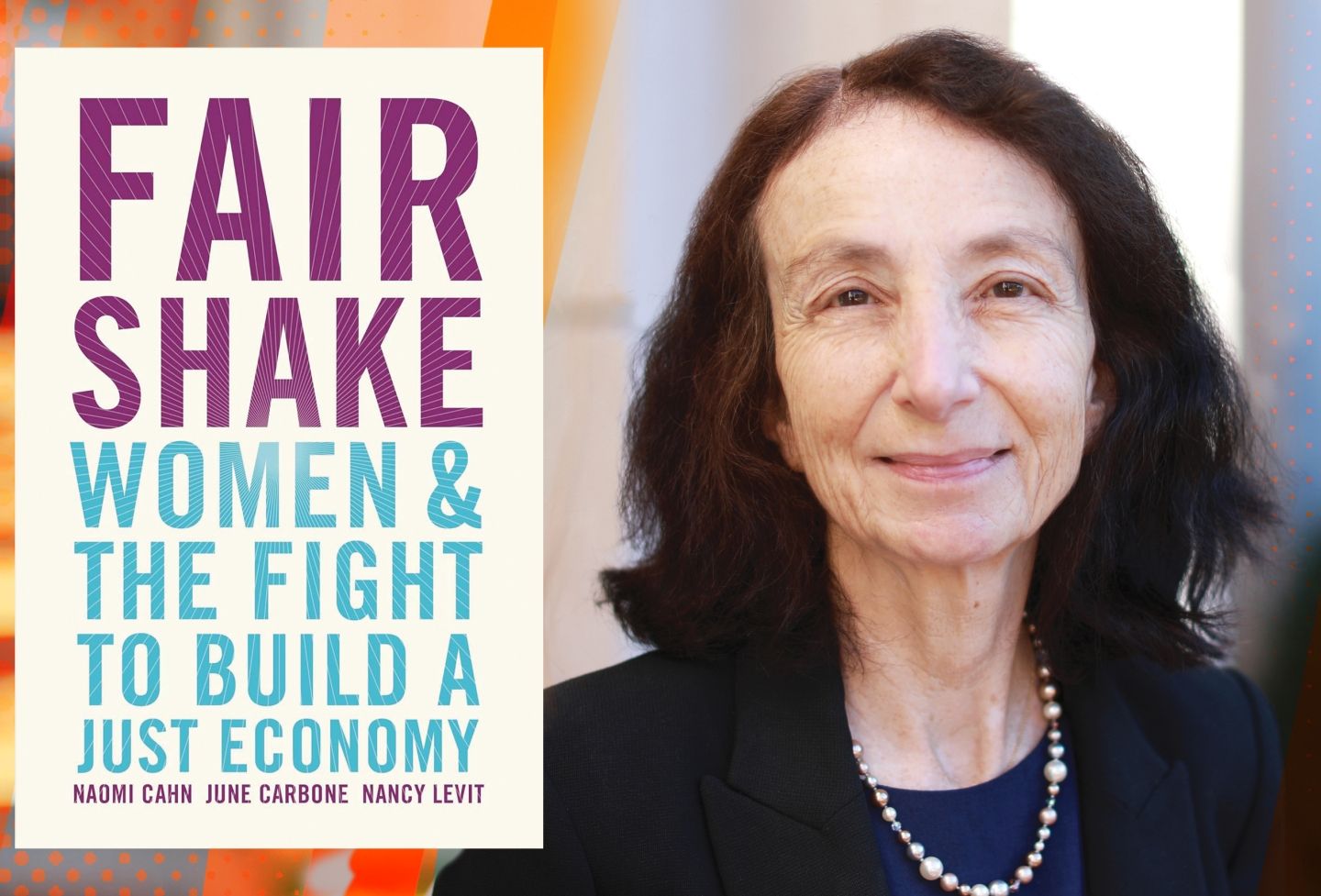After the financial crisis in 2008, politicians and regulators pointed to the need for more regulation to steady the world's markets and get big banks back in line.
Not so fast, says University of Virginia School of Law Dean Paul G. Mahoney in his new book, "Wasting a Crisis: Why Securities Regulation Fails," published by the University of Chicago Press.
"The aftermath of a financial crisis is a bad time to overhaul financial regulation," said Mahoney, an expert in securities regulation and corporate finance. "Right after a crisis, politicians and regulators are trying hard to avoid blame for what happened. And so when they're looking for causes of what happened, they're going to ignore any decisions or policies that could be associated with them."
Instead, politicians and regulators argue the crisis was caused by bad actors — such as banks — doing bad things.
As the story goes, "they were allowed to do those things because there wasn't sufficient regulation, and if we add in more regulation, that's going to solve the problem," said Mahoney, who coined the phrase "market-failure narrative" to describe the frequently peddled explanation.
It's a tale that's been repeated by politicians and regulators since the late 17th century, as Mahoney discovered while researching his book, which offers a legal and economic history of securities regulation.
"It's the clearest shift in regulatory systems that one is really likely to see," he said.
Yet most misunderstand the history. Commentators commonly conflate the stock market crash of 1929 (which was followed by a strong rally in early 1930) with the much deeper losses in 1931-32 as the severity of the Great Depression became clear.
Rather than serving as a salve to everyday Americans, New Deal securities reforms concentrated power among powerful interests, Mahoney argues in the book.
"One very clear effect of the New Deal securities reforms that I show in a number of different ways throughout the book is that they increased concentration in the market for financial services," Mahoney said. "So the major investment banks turned out, counterintuitively, to be real winners from the Securities Act of 1933."
At the time, competing models for financial services were at stake. New entrants to the financial services market had compressed the wholesale and retail phases that bigger banks favored.
"The established banks essentially wanted to drive that model out of the market, and what they did was to essentially legislate it out of the market," Mahoney said, by codifying the wholesale and retail phase. "It actually gave the major investment banks exactly what they wanted."
The same pattern is repeating today with the Dodd-Frank Act, Mahoney said. The omnibus bill was marketed as a solution to what caused the 2007-08 financial crisis.
"The Dodd-Frank Act will make the largest commercial banks in the United States even bigger by formalizing the previously informal government guarantee," Mahoney said.
Rather than act quickly to respond to a crisis with significant legislation, Mahoney argues in his book that legislators and regulators should take the long view with reforms.
"It's actually a good thing to revise regulations over time as we learn more about their effects, but that should be done gradually and continuously, not in a spasmodic burst of activity after every market crisis," he said. "Any regulations that are written right after a crisis ought to have a sunset provision and that will enable us to take a more careful look at them down the road."
He pointed to how some proposed Dodd-Frank regulations are yet to be written as a sign that they shouldn't be.
"A big part of it is they're having a very hard time avoiding bad consequences," he said. "When you're looking at a set of regulations you're supposed to write, and, as judges say of an opinion, 'This just won't write' — then I think you've got a problem."
Mahoney said he hopes the book will help readers become more skeptical when they hear the standard market-failure narrative.
"We often don't look at those stories skeptically enough and we end up accepting regulations that could make things worse rather than better," he said. "We ought to look at individual issues, and come up with individual, modest incremental fixes to them. If you stick to basics, you're much more likely to get it right."
Mahoney, the David and Mary Harrison Distinguished Professor of Law and the Arnold H. Leon Professor of Law, joined the Law School faculty in 1990 after practicing law with the New York firm of Sullivan & Cromwell and clerking for Judge Ralph K. Winter Jr. of the U.S. Court of Appeals for the Second Circuit and Justice Thurgood Marshall of the U.S. Supreme Court. Mahoney is a member of the Council on Foreign Relations and a fellow of the American Academy of Arts and Sciences. He became dean in 2008.
Although he worked on the book — his first — intensively over the past couple of years, Mahoney has long explored the history of securities regulation in his scholarship. (More) He said he appreciated being able to draw on the expertise of UVA Law's own faculty and students as the book progressed.
"Writing the book was a real challenge — it's part law, part economics, part history — and so that meant I had to turn for help to many colleagues who were more expert in some of those fields than I am. In fact, I even ended up turning to colleagues in literature because some of what pops up in the book is literary as well as historical," he said. "We of course have a wonderful group of historians on the faculty, we have many faculty members who do law and economics, and talking with them and getting their comments on the various pieces of the book was absolutely essential to being able to write this effectively."
Mahoney also worked with an "army" of research assistants over the years, some of whom brought their backgrounds to bear in history or working with complicated data sets. Much of the research happened before information on financial markets was published online, so the work involved digging through microfilm and microfiche for stock quotes and regulatory reports.
Working with students "was both fun and extremely helpful to me."
Founded in 1819, the University of Virginia School of Law is the second-oldest continuously operating law school in the nation. Consistently ranked among the top law schools, Virginia is a world-renowned training ground for distinguished lawyers and public servants, instilling in them a commitment to leadership, integrity and community service.


